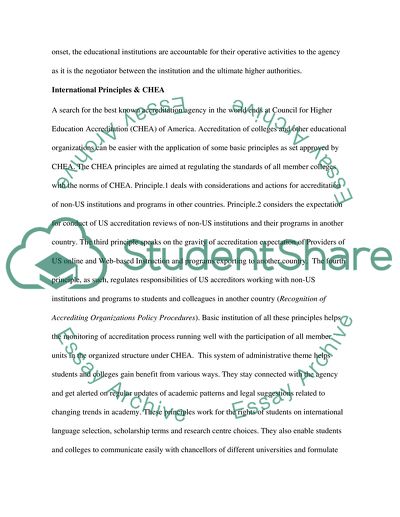Cite this document
(“Accreditation of Educational Institutions Essay”, n.d.)
Accreditation of Educational Institutions Essay. Retrieved from https://studentshare.org/education/1574467-accrediting-agencies-review
Accreditation of Educational Institutions Essay. Retrieved from https://studentshare.org/education/1574467-accrediting-agencies-review
(Accreditation of Educational Institutions Essay)
Accreditation of Educational Institutions Essay. https://studentshare.org/education/1574467-accrediting-agencies-review.
Accreditation of Educational Institutions Essay. https://studentshare.org/education/1574467-accrediting-agencies-review.
“Accreditation of Educational Institutions Essay”, n.d. https://studentshare.org/education/1574467-accrediting-agencies-review.


